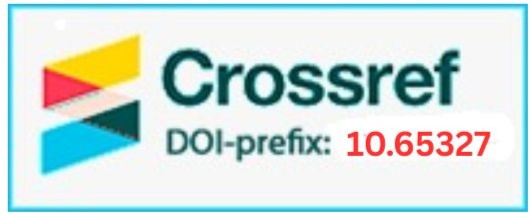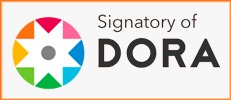Kidney damage associated with anti-phospholipid syndrome
DOI:
https://doi.org/10.22141/2307-1257.8.3.2019.176455Keywords:
antiphospholipid syndrome, antiphospholipid antibodies, nephropathy, thrombotic microangiopathy, renal thrombosisAbstract
Antiphospholipid syndrome (APS) is a common autoimmune disease caused by pathogenic antiphospholipid antibodies, leading to recurrent thrombosis and/or obstetric complications. It is important for nephrologists to know that the combination of the antiphospholipid antibody presence associating with various clinical manifestations of kidney damage caused by thrombosis of large renal vessels, renal artery stenosis and intrarenal lesions leads to the antiphospholipid nephropathy development. This condition is associated with acute thrombotic microangiopathy of varying severity, proliferative and fibrous lesions of the intrarenal vessels and ischemic changes in the renal parenchyma. The course of the disease can range from slow progressive nephropathy to life-threatening acute renal failure. The development of secondary antiphospholipid nephropathy associated with antiphospholipid antibodies in the context of systemic lupus erythematosus is the most studied and widely known. In contrast, the clinical significance of isolated antiphospholipid nephropathy remains uncertain and poorly understood. The evidence base for drugs aimed at treating renal complications of APS is limited. However, the recent recognition of heterogeneous molecular mechanisms underlying the progression of intrarenal vascular lesions in APS has opened up promising ways for monitoring patients and target therapeutic interventions.Downloads
Download data is not yet available.
References
Downloads
Published
2021-09-09
How to Cite
Golovach, I., Yehudina, Y., & Rekalov, D. (2021). Kidney damage associated with anti-phospholipid syndrome. KIDNEYS, 8(3), 161–173. https://doi.org/10.22141/2307-1257.8.3.2019.176455
Issue
Section
Reviews
License
Copyright (c) 2019 I.Yu. Golovach, Ye.D. Yehudina, D.G. Rekalov

This work is licensed under a Creative Commons Attribution 4.0 International License.

 ISSN 2307-1257
ISSN 2307-1257 ISSN 2307-1265
ISSN 2307-1265



















